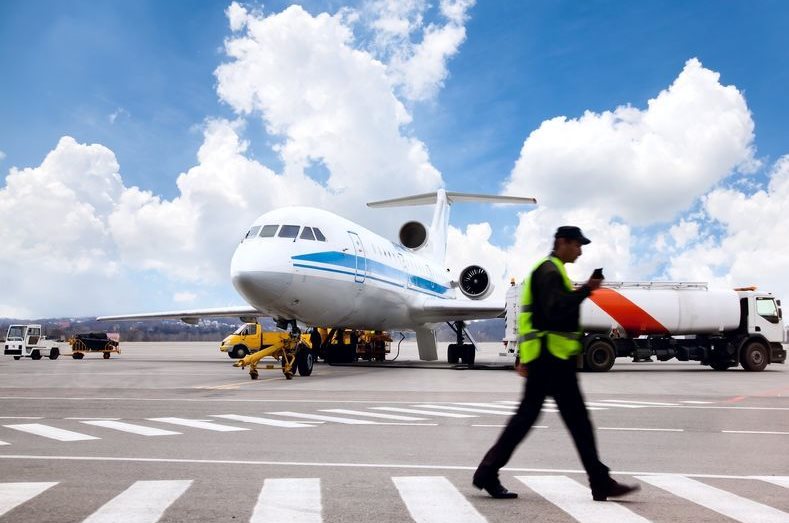Airlines around the world are reducing their flight schedules in an effort to control losses, as travel bans generally decrease passenger demand. American Airlines, United Airlines, Air France-KLM, Virgin Atlantic, British Airways and low-cost carriers such as EasyJet and Ryanair have announced schedule reductions of up to 80% of their flights.
"This pandemic is forcing us to make some incredibly tough decisions. We have to balance customer demand with our business continuity, which is a tough line to draw," says Kirby Gordon, chief marketing officer of local low-cost airline FlySafair.
The airline has announced that they too will be reducing their schedule by between 30% and 40% to rationalise costs against noticeably lower demand. The airline is working closely with staff according to these schedules to best manage the effect of the reduction. Reduction in flights will not result in the cancellation of any existing routes, but will mean reduced numbers of flights per route to no less than one flight per day on each route.
"We’re trying to limit the inconvenience of schedule changes as much as possible by accommodating customers on the nearest available flights. We thank our customers for their understanding in these tough times."
The airline will also be offering customers affected by changes the option to pick penalty-free changes to their bookings or to opt for a vouchered refund on their bookings.
Implementing precautionary measures
Regarding preventative measures in place, FlySafair has implemented a "no-touch" policy where customers are required to scan their own boarding passes, insert and remove their own credit cards from point of sale machines and display their identity cards, rather than handing them over. The aim behind this is to limit the chances for surface contamination spread.
The FlySafair fleet, for example, is made up of Boeing 737 aircraft which are fitted with sophisticated High-Efficiency Particulate Air (HEPA) filters which are efficient at filtering microbes like the Covid-19 virus from the cabin air. The air inside the cabin is refreshed by these filters every few minutes.
Within the cabin the airline has implemented special cleaning measures. The aircraft are sprayed each evening with virus combatting chemicals. These deep cleans are supplemented between flights with additional treatments using the same types of hospital grade chemicals.
"We have taken steps to support a healthier flying experience and keeping our customers safe from infection during their journeys has been a top priority," adds Gordon.
"Customer support during this uncertainty has been a top priority and we encourage our passengers to use the FlySafair website for any relevant information where possible."
.







































